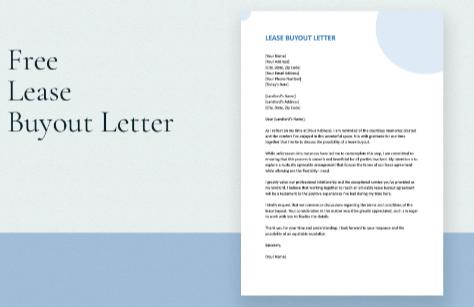How to Address Lease Renewals and Terminations in Commercial Lease Agreements

Managing a commercial property involves understanding various critical aspects of lease agreements, particularly the terms governing renewals and terminations. These clauses not only define the future relationship between the landlord and tenant but also significantly impact financial and operational planning. Here’s a comprehensive look at how property managers and business owners can effectively handle these vital elements of their contracts.
1. Understanding Lease Renewals
Lease renewals provide an opportunity to retain existing tenants, which can be more cost-effective than acquiring new ones. As a property manager or business owner, you should start the renewal discussion well in advance of the contract expiration. This timeframe should ideally be stipulated in this agreement to avoid any ambiguities.
When initiating renewal discussions, consider the current market conditions. Has the rental market risen or fallen since the tenant signed their original contract? This will help in reevaluating the contract terms effectively. Additionally, consider the tenant’s business performance during their tenancy, as a flourishing business benefits both the tenant and the landlord.
Flexibility in negotiations can lead to a better relationship with the tenant and result in a mutually beneficial agreement. It may involve updating terms to align with current market practices or specific tenant needs, such as expansion space or renovation allowances.
2. Structuring Lease Terminations
The lease termination clause is crucial as it outlines how parties can part ways before the contract term expires without facing significant legal repercussions. It should clearly define what constitutes a breach of contract and the notifications required to dissolve the contract.
For a smooth termination process, ensure that the lease specifies the notice period required for termination and any penalties or fees involved. This not only secures the landlord’s interests but also provides clear guidelines for the tenant to follow should they decide to vacate the premises. You may download lease termination form here at this website.
Moreover, it’s vital to include conditions under which both parties can terminate the contract. Common conditions might involve continuous property underperformance, redevelopment plans by the landlord, or the tenant’s business insolvency. Clarity in these conditions helps prevent potential legal disputes.
3. Implementing Fair Practices
Fairness in handling renewals and terminations can significantly influence tenant relations and property reputation. Ensure that all practices comply with local commercial tenancy laws to avoid legal pitfalls. Transparent communication is key—keeping tenants informed about their options and any upcoming procedural changes fosters trust and professionalism.
4. Using a Commercial Lease Agreement Template
A well-crafted commercial lease agreement template can be invaluable in ensuring all critical aspects of lease renewals and terminations are appropriately addressed. This template serves as a guide, ensuring that no essential details are overlooked and that the document complies with applicable laws. By starting with a template, you can customize the terms specific to your property and business circumstances, maintaining flexibility while ensuring legal safeguards are in place.
Read more 15 Expert-Backed Strategies for Elevating Your Digital Marketing in 2024
5. Seeking Professional Advice
Finally, while a good template provides a strong foundation, consulting with real estate attorneys or commercial legal experts can provide insights specific to your situation. Professional advice is crucial in adapting the terms of the agreement to suit complex scenarios and in navigating local real estate laws and regulations.
Conclusion
Effectively managing contract renewals and terminations is crucial for the stability and profitability of any commercial property. By understanding the intricacies of these processes and preparing adequately through strategic planning and professional consultation, landlords and property managers can ensure that their agreements are both beneficial and legally compliant. This proactive approach not only enhances tenant relations but also positions the property for long-term success. Commercial lease agreement templates for any state of USA are available here.



